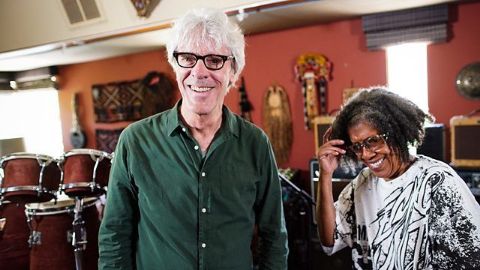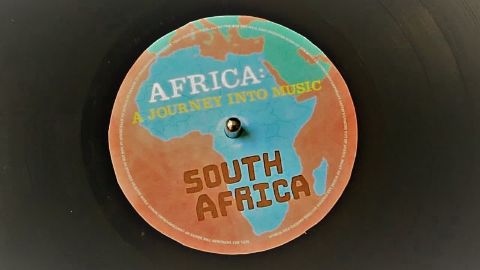On Guitar... Lenny Kaye! • 2019 • episode "S1E3" • Guitar, Drum and Bass
Lenny Kaye, Patti Smith’s guitarist, explains how the quest for new guitar sounds has driven the history of popular music, from Les Paul’s first guitar to Bo Diddley’s tremolo, Duane Eddy’s whammy bar, Keith Richards’s fuzz pedal, The Who’s feedback, The Byrds’ 12-string, Hendrix’s wah-wah pedal, Uli Roth and Van Halen’s shredding, The Edge’s digital delay, Ry Cooder’s slide, and KT Tunstall and Ed Sheeran’s looper pedals. With Duane Eddy, Roger McGuinn, The Edge, Bonnie Raitt, Seasick Steve, KT Tunstall, Joe Bonamassa, Uli Roth, Vernon Reid, Heart’s Nancy Wilson, The Runaways’ Lita Ford and producer Shel Talmy.
Make a donation
Buy a brother a hot coffee? Or a cold beer?
Hope you're finding these documentaries fascinating and eye-opening. It's just me, working hard behind the scenes to bring you this enriching content.
Running and maintaining a website like this takes time and resources. That's why I'm reaching out to you. If you appreciate what I do and would like to support my efforts, would you consider "buying me a coffee"?
Donation addresses
BTC: bc1q8ldskxh4x9qnddhcrgcun8rtvddeldm2a07r2v
ETH: 0x5CCAAA1afc5c5D814129d99277dDb5A979672116
With your donation through , you can show your appreciation and help me keep this project going. Every contribution, no matter how small, makes a significant impact. It goes directly towards covering server costs.






